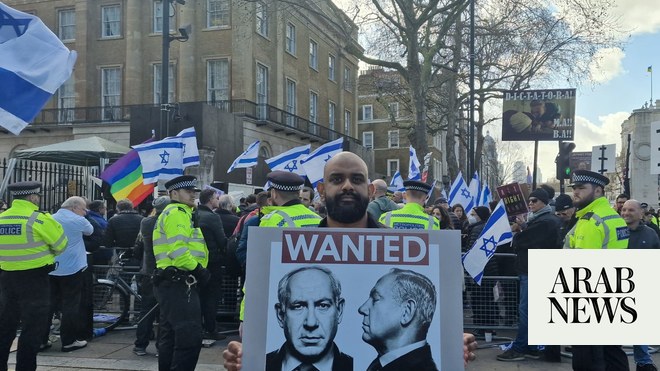
Current and former Facebook moderators have called for the unprecedented advertiser boycott of the site to be extended to prove that the action is more than a “PR stunt”.
Speaking to the Guardian, one current moderator who asked to remain anonymous because they feared for their job, said that without long-term commitments, this was a “PR stunt that will pass when they get enough of the reports that they want”.
The boycott, which was most recently joined by Britain’s Innocent Drinks, Pukka Herbs and the ready-meal company Cook, was organised from mid-June as a response to Facebook’s perceived inaction over hate speech on the site. It has since swelled to become the largest advertiser boycott in the site’s history, including household names such as Disney, Unilever and Volkswagen, but was due to finish at the end of July.
Even before the boycott began, some were questioning its efficacy. Facebook’s advertising revenue is overwhelmingly derived from the “long tail” – smaller advertisers which make up in quantity what they lack in individual spend. “Millions and millions of small businesses are going to have to pay for adverts: that’s all they can do,” said Chris Gray, a former Facebook moderator in Ireland. “Mark Zuckerberg doesn’t care. He’s on record as saying they’ll be back. So I’ve got no faith that it will achieve anything.”
One current moderator agreed, telling the Guardian last month: “I don’t think that Facebook are going to care about this, and they haven’t lost revenue. It’s like 5% of their lost revenue, and it will only last til the end of July, so they’ll recover from it.
“It’s good that their policies are getting attention. In this way, we all may benefit. But facing the attack they’re retrenching, so it’s hard to predict what’s going to be the effect of this.”
Gray, who is suing the company in Dublin for PTSD he says was inflicted in the course of his duties as a moderator, also cautioned that demands to act faster on hate speech can rebound on the low-paid moderators carrying out the work. “Everyone is jumping up and down, and nobody cares about the people who’ll do the work,” he said. “You want FB [Facebook] to do more – well, what do you want the guy at the desk to actually do, in between his PTSD and his ridiculous working conditions?”
Another moderator, who is still working at the company, disagreed. “The workload would remain the same, it’s just that we would be pressing different buttons when we see the content.
“When it comes to our mental health, we would feel much better if we could delete more. One of the stressing factors is that we have to leave on the platform things that we think are harmful and plain evil. A lot of stress comes from the fact that we have minorities among us, and we sometimes have to explain to them why something they know is hate speech can’t be deleted.”
Another current moderator, who helped draft an open letter in support of Facebook’s salaried employees when they walked out in May in protest at the company’s handling of Donald Trump’s social media posts, warned that advertisers should also be the focus of some interrogation.
Currently, they are moderated by a separate team of staff, and the moderator said there is a perception that they receive an easy ride. “If some kinds of speech are not allowed, the fact that some people are paying for displaying some speech should not make any difference. I know I reported some ads some time ago that I thought should be violating, but they were left up.”
Carolyn Everson, the vice-president of Facebook’s global business group, said: “We respect any brand’s decision, and remain focused on the important work of removing hate speech and providing critical voting information. Our conversations with marketers and civil rights organisations are about how, together, we can be a force for good.”












